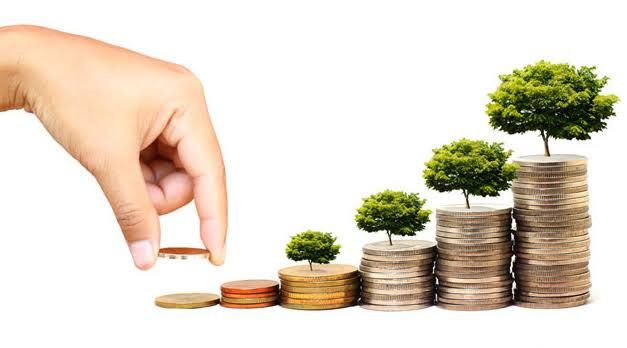
In the golden age the economic system was under the political system. The economy was similar to the way the rulers thought about the system of government and the way they thought about the rights of the ruler and the ruled. Hazrat Muhammad SA, Hazrat Abu Bakr, Hazrat Omar. And Hazrat Ali. During this period, the Islamic ideology was active, meaning that the principle that government money was the property of the nation and the people. The ruler can accept anything from it only by proving the rights of himself or his relatives. Thus the ruler is obliged to give each person only what he really deserves. Because the ruler and others are equal in this matter. In the time of Hazrat Osman, there was a slight distortion in this policy, even then the people were enjoying their full rights.
But probably due to the abundance of resources, huge sums of money would have survived even after giving the prescribed stipends etc. to the people. The caliph was of the opinion that he had every right to give alms to his relatives and to other people as he wished. Then when the ruling power passed into the hands of the dictatorial rulers, all the prohibitions were lifted and the rulers continued to give or deprive the people. The wealth of the Muslims opened the door of free enjoyment for the rulers, their children, their talkative and flatterers. They continued to cross all the boundaries of Islam in this regard.
This is a rough description of the situation. This time we will present the details through a few historical examples. Rasulullah SA. This is the source of income for Baitul Maal since its inception.
First of all, zakat - it is imposed on Muslims in various ways. Such as: gold, silver, agricultural production, fruits, livestock, trade goods, minerals and buried wealth, etc. In general, the average rate of zakat is one fortieth. It is spent in 6 famous sectors.
Second: Jizyah - this is a special tax paid by the state to non-Muslims in the Islamic State. It is equivalent to the zakat and physical sacrifice of the Muslims.
Thirdly, Fayy is the wealth that can be obtained from the Mushriks without any war at all. According to the clear provisions of the Holy Qur'an, all this wealth belongs to Allah, His Messenger, relatives, orphans, the poor and the expatriates.
Fourthly, four-fifths of the spoils of war will be spent on warriors and the rest will be spent on those sectors.
Or, all the lands of the Kharaj Mushriks in the place of Ganimat which were seized by the Muslims as a result of the war; Such as Hazrat Omar. He did this with regard to the lands of Persia - the taxes levied on those lands are special.
Rasulullah SA. The income of Baitul Maal was not sufficient in this era. The Muhajirs left their homes and came to Medina, and the Ansar welcomed them and made them brothers by sharing their wealth. At that time the number of Muslims was limited. Deliberate donations were the only source of income for Muslims before the war.
When the war campaign started and zakat became obligatory in the second year of the migration, then another source of real income, that is, zakat, was added to the spoils of war. One-fifth of it was given to the warriors. Rasulullah SA. He used to give one part to the infantry and two parts to the cavalry and three parts to one tradition. He thus laid down the principle that "each's share is in proportion to his sacrifice." He gave one part to the unmarried and two parts to the married. In this way, he laid down the second principle, that "the share of each is in proportion to his need."
In the time of Hadrat Abu Bakr he also disagreed with Hadrat Umar on another matter. Hazrat Abu Bakr was of the opinion that in the distribution of wealth, the first converts to Islam and the later converts to Islam, free and slaves, men and women should all be given an equal share. But Hazrat Omar Ra. And a group of Sahaba was inclined to recognize the first pioneers of Islam as pioneers. Hazrat Abu Bakr Ra. Aiming at them, he said, "I am well aware of the excellence and priority you are talking about. But in fact it is a matter, the reward of which will be given by Allah Ta'ala in the Hereafter. On the contrary, it is an economic matter. The principle of equality is better than priority here.